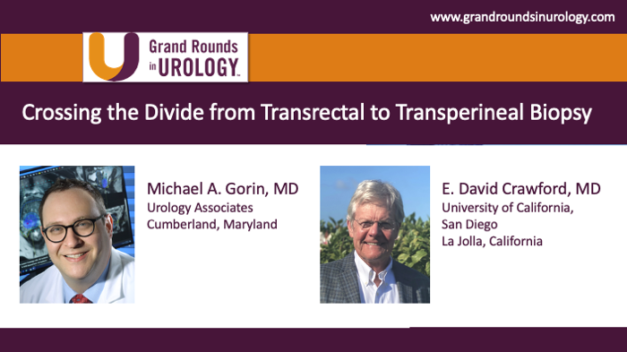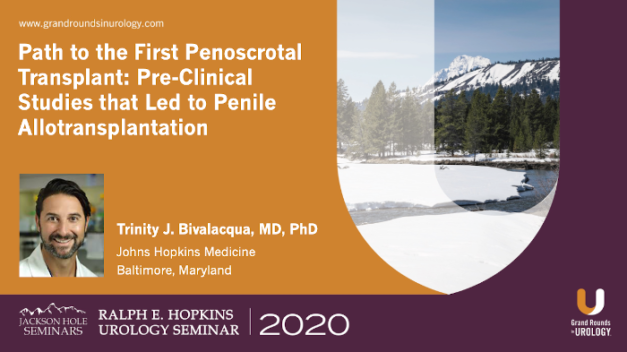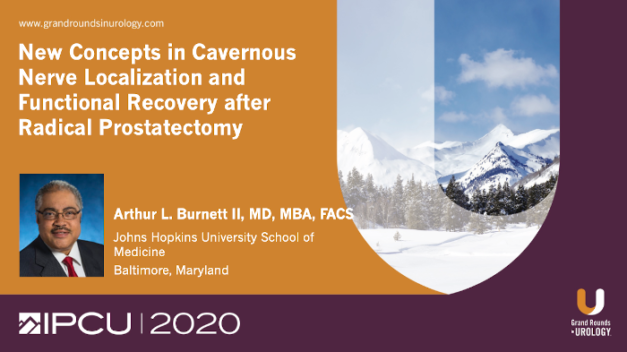Crossing the Divide from Transrectal to Transperineal Biopsy
Michael A. Gorin, MD, a urologist at Urology Associates of Cumberland, Maryland, and Director of Medical Affairs for Perineologic, discusses the benefits of transperineal prostate biopsy over transrectal biopsy. He notes that transrectal prostate biopsy leads to infections in 5-7% of patients, and argues that transperineal biopsy is the best alternative for avoiding infection. Dr. Gorin acknowledges that the use of a grid-stepper unit for performing transperineal biopsy can be uncomfortable for patients, but suggests that new technology like the PrecisionPoint™ Transperineal Access System solves many of these issues. The presentation is followed by a Q&A in which Dr. Gorin discusses the importance of new coding for transperineal biopsy and the potential of variable length needles.
Read More




